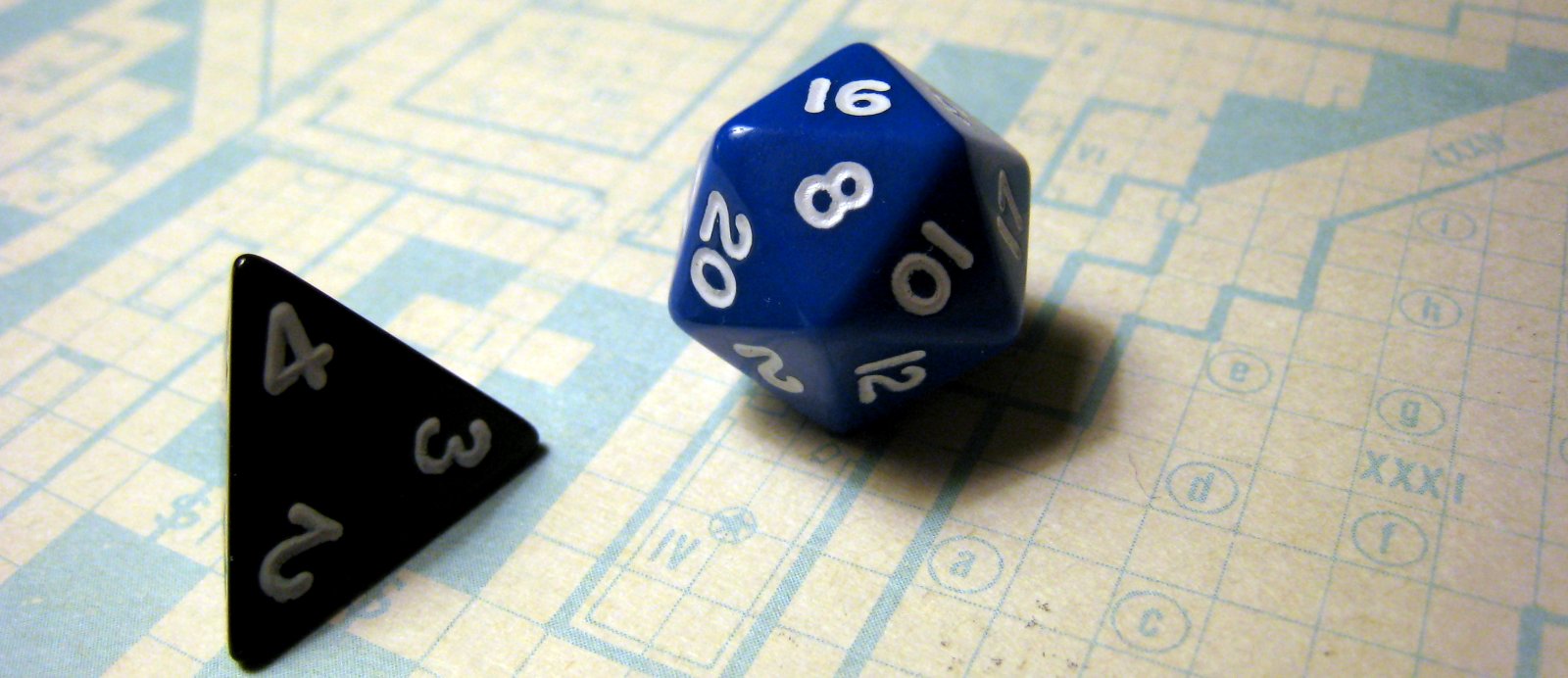Scott Christian
Hero
5 easy steps is an interesting read. Not sure why they wouldn't just post a video. Theorizing about something in an after-the-fact write up is often very different than what happens in the moment. But I commend them for trying. It seems like a good experiment for them and their table. Although, I would like to point out two things about their table:Well, no videos. Not a lot of people record themselves playing DnD in the first place. But found some links. Two involve an app people specifically designed to help with the situation, and one is a person's blog post about running the game with no DM, because no one wanted to be a DM.

How to Play D&D or Pathfinder Solo or In A DM-less Group, Nations Software
Despite what you may have heard, it's quite possible to play Pathfinder or D&D alone.www.nations-software.info

Press Release recent news | page 1 of 282 | Game Developer
www.gamasutra.com
1. They still say someone needs to be in charge, it's just that the person in charge rotates. That still is very much like a DM. Then he goes on to say that the other players cannot argue with the person's decisions when they are in charge. That is old school DMing, and also leads to...
2. Their table really sounds like an improv group with some dice: always go with the flow (say yes to everything), make sure everyone has a turn, don't take things personally, etc.







